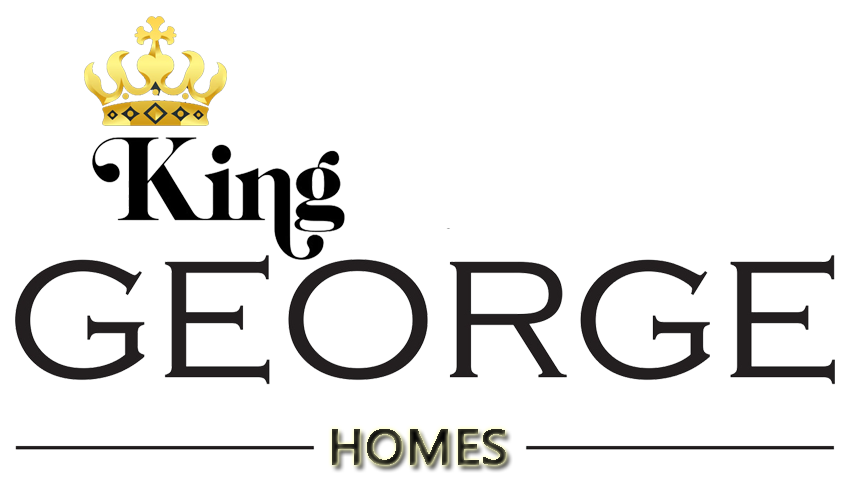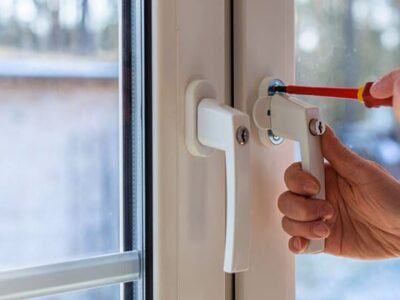As smart home technology continues to advance, the real estate market is adapting and evolving alongside it. In this article, we’ll discuss the growing impact of smart home technology on the real estate market and how it’s changing the way we think about our homes.
1. Increased Property Value
Smart home technology is no longer a luxury; it’s becoming an expectation. As a result, properties with smart home features can command a higher market value. According to a Coldwell Banker survey, more than half of homebuyers were willing to pay extra for a property with smart home technology already installed.
2. Energy Efficiency
Smart home devices can have a significant impact on energy efficiency, saving homeowners money on utilities while also reducing their carbon footprint. For example, smart thermostats can learn a homeowner’s schedule and preferences, making adjustments to heating and cooling to maximize efficiency. Energy-efficient homes are becoming more attractive to buyers, and smart home technology is playing a key role in this trend.
3. Enhanced Security
Security is a top priority for homeowners, and smart home technology is making it easier to protect your property. Smart security systems, video doorbells, and smart locks provide increased safety and peace of mind for residents. These features can be a strong selling point for potential homebuyers, contributing to a higher property value.
4. Convenience and Comfort
Smart home technology brings added convenience and comfort to daily living. From voice-activated assistants and automated lighting to kitchen organization and living room curtain tips, integrating smart technology into your home can make your life easier and more enjoyable. This increased comfort and convenience can make a property more attractive to potential buyers, ultimately impacting the real estate market.
5. Customization and Personalization
As smart home technology becomes more accessible, homeowners are able to customize and personalize their living spaces like never before. By tailoring lighting, temperature, and even sound to individual preferences, smart home technology can create a more enjoyable and personalized living experience. This level of customization can be a significant selling point for potential buyers.
6. Future-proofing
Investing in smart home technology can help future-proof a property, making it more appealing to potential buyers. As technology continues to advance, homes that are already equipped with smart features will be better prepared to adapt and evolve, potentially increasing their value and marketability.
In conclusion, the impact of smart home technology on the real estate market is significant and growing. As smart home technology becomes more mainstream, properties with these features are likely to see increased value and desirability. By offering energy efficiency, enhanced security, convenience, comfort, and customization, smart homes are shaping the future of the real estate market.













